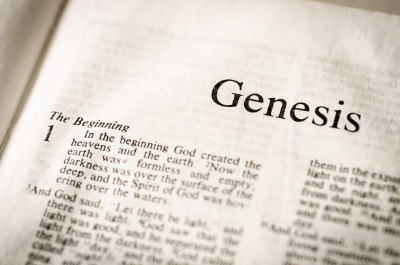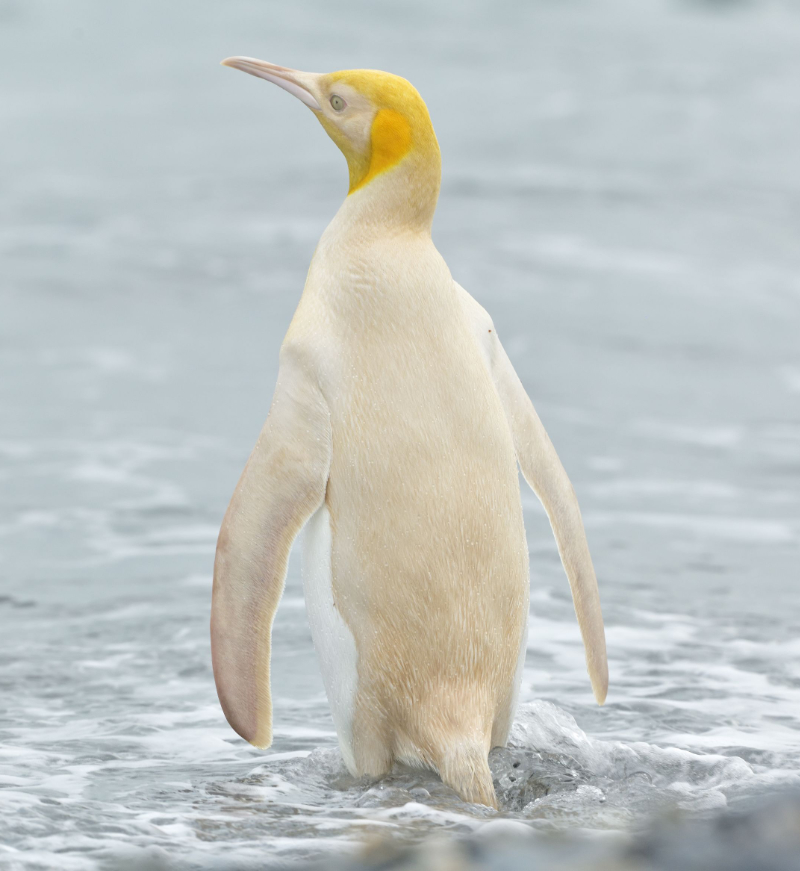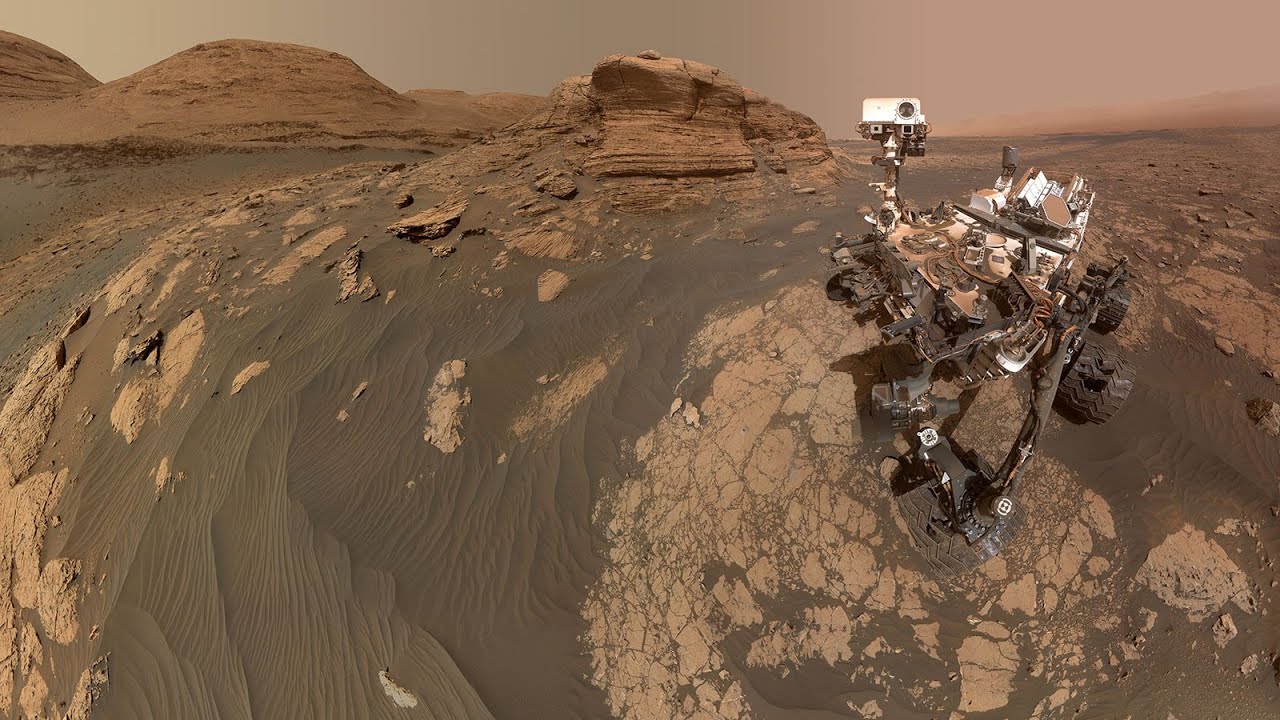History denial
Bad for science, bad for Christianity1

Evolution did not begin with Charles Darwin but he certainly gave it a huge impetus. For the last 160 years, scientists and theologians alike have wrangled and wrestled over the rival worldviews of Darwinism and Christianity. In the halls of academia, people invariably deny biblical creation. University scholars of a religious persuasion mostly do so too, including those of a Christian profession.
The narrative of Genesis 1–11 that modernists delight to sneer at is nevertheless a narrative of true history, one believed by the writers of the New Testament, the apostles, and Jesus Himself. CMI writers have frequently demonstrated that creation denial is pernicious. It is no exaggeration to say that it amounts to history denial, which is bad for the Gospel, bad for human morality, and bad for the historical sciences too.
Bad for Christianity
Until Darwin, everyone understood that the sanctity of human life was founded on the biblical teaching of man being created in God’s image. For instance, before that time, the practices of abortion and euthanasia were regarded as murder, punishable under criminal law (see: Is human life special?). How times have changed! What has this got to do with evolution? We will let respected English historian Tom Holland (not a Christian) answer that:
“For eighteen long centuries, the Christian conviction that all human life was sacred had been underpinned by one doctrine more than any other: that man and woman were created in God’s image.”2
One’s worldview is everything. However well-intentioned some evangelical Christians may be, to embrace the secular origins story is to be guilty of history denial. Worse, to deny what Jesus clearly believed and taught is deep self-deception.3 On this point, consider the words of American pastor, philosopher, and theologian Theodore Graebner (1876–1950):
“… whatever scientists choose to do with theistic evolution, the evangelical Christian cannot accept it as a compromise between agnosticism and faith. Even theistic evolution leaves no room for the Scriptural doctrine regarding the Fall of Man, natural corruption, the reality of sin, and the need of a Redeemer. … Those who think they might accept ‘theistic evolution’ or ‘Christian evolution’ as different from materialistic or Darwinian evolution are deceiving themselves.”4
Bad for science

Denying that a Creator is necessary to account for origins is a disservice to science too. English physicist Paul Davies (currently at Arizona State University) does not profess Christian faith. However, he has long insisted that most early scientists were religiously inclined, and believed they were investigating God’s handiwork:
“… even the most atheistic scientist accepts as an act of faith that the universe is not absurd, that there is a rational basis to physical existence manifested as a law-like order in nature that is at least in part comprehensible to us. So science can proceed only if the scientist adopts an essentially theological worldview.”5
In spite of this, 21st century academics generally perceive this as ‘naïve’ thinking. They reassure themselves that most of their contemporaries agree with them. But science by consensus is bad science: by outlawing dissenting voices, science’s diversity is reduced. Some eminent scientists are very concerned about this, e.g. Suneptra Gupta, Professor of Theoretical Epidemiology at Oxford University:
“One of the worst problems with science now at every level is that it’s consensus driven. So there’s some consensus about how papers must be written, consensus about what counts as proof or what counts as a decent hypothesis. Everything is by consensus, so it’s lost a lot of its diversity.”6
What she says is certainly true in the realm of historical (origins) science—see ‘It’s not science’. Woe betide the scientist who would foolishly betray a sympathy with intelligent design, let alone biblical creation! A denial of Creation harms science.
Discoveries pose difficulties
And it’s not as if the ever-increasing mass of scientific data, plus the constant stream of new discoveries, only strengthens the deep time/evolutionary worldview. Quite the contrary. Consider these recent reports:

- Spectacular new fossil finds continue to create dilemmas for secular scientists, who must constantly adjust their pet ideas to make them fit the data. The discovery of preserved dinosaur nerve fibres (with diagnostic ‘bands of Fontana’) in Triceratops horridus bone defy long ages.7 So do the reported remains of a mother oviraptoid dinosaur and her fantastic clutch of fossilized eggs and embryos.8
- Fresh examples of greater animal diversity are entirely consistent with the teaching of Genesis 1 (and 1 Corinthians 15:39) that animals were created according to their kinds. Examples among birds are reports of a rare black galah9 and a rare yellow king penguin.10 And a so-called ‘nano-chameleon’ has been found in Madagascar—about the size of your finger nail.11 Its cousin, Parson’s chameleon, is the size of a house cat by comparison! Nothing here to support evolution.
- Evidence continues to pile up that the barren planet Mars was once a wetter world. NASA’s rovers “have revealed the dried-up remains of rivers, lakes, and even oceans,” but scientists continue to betray inconsistent thinking, rejecting Noah’s Flood on planet Earth (72% covered by water) while arguing for “an ancient flood of biblical proportions” on Mars.12
It is gratifying occasionally to see humility, admissions that secular theories have problems. For example, additional data from the planet Venus is not actually helping the scientists’ deep time models at all. Joseph O’Rourke, an assistant professor in the School of Earth and Space Exploration at Arizona State University admits, “Just the fact that we don’t understand fundamental things about Earth’s nearest neighbor is humiliating to our attempts to claim that we understand anything about planetary evolution.”13 (see also Does phosphine prove life on Venus?)
Calling a halt to history denial
Some reading this will doubtless object: that’s how science works! CMI has no quarrel with the fact that science is provisional, adjusting to new findings, revising models and so on. However, we do object to attempts to dismantle the Christian worldview founded upon Genesis. This is an illegitimate endeavor, and it is very bad for Christian ethics as well as the Gospel of Jesus Christ. We certainly deplore the censorship of alternative interpretations of scientific data regarding origins—in some fields especially, this really does retard scientific advancement, belief in junk DNA being just one important example—see Junk DNA—from science stopper to sickness source.
On a brighter note, Creation magazine is a brilliant antidote to history denial and we encourage you to consider a subscription if you haven’t done so before.
References and notes
- This first appeared as CreationExtra, CMI-UK/Europe, June 2021. Return to text.
- Holland, T., Dominion: The Making of the Western Mind, Little Brown, p. 425, 2019. Return to text.
- Wieland, C., Jesus on the age of the earth, Creation 34(2):51–64, April 2012. Return to text.
- Graebner, T., God and the Cosmos—A Critical Analysis of Atheism, Materialism, and Evolution, Eerdmans, Grand Rapids, p. 189, 1932. Thomas Graebner was onetime Professor of Philosophy and New Testament Interpretation at Concordia Seminary in St Louis, USA. Return to text.
- Davies, P., Physics and the mind of god: The Templeton Prize address, firstthings.com, Aug 1995. Return to text.
- Interview with Professor Sunetra Gupta: Ireland, T., ‘All I’m presenting is a range of possibilities’, The Biologist 67(4):28–31, Aug/Sept 2020. Return to text.
- Armitage, M.H. and Solliday, J., UV Autofluorescence microscopy of dinosaur bone reveals encapsulation of blood clots within vessel canals, Microscopy Today, Sept 2020. Bands of Fontana are visible striations on peripheral nerves. Return to text.
- Science China Press, World’s first dinosaur preserved sitting on nest of eggs with fossilized babies, phys.org, 9 March 2021. Return to text.
- Peddler, E. and Leckie, E., South Australian photographer snaps rare black galah with genetic mutation on the Eyre Peninsula, msn.com, 9 June 2020. Return to text.
- Touma, R., ‘Strange pale penguin’: rare yellow and white bird discovered among king penguins in Atlantic, theguardian.com, 26 Feb 2021. Return to text.
- Glaw, F. et al, Extreme miniaturization of a new amniote vertebrate and insights into the evolution of genital size in chameleons, Scientific Reports 11: 2522, nature.com, 28 Jan 2021. Return to text.
- Irving, M., Curiosity finds evidence of ancient megaflood on Mars, newatlas.com, 22 Nov 2020. Return to text.
- den Hond, B., A field guide to the magnetic solar system, Eos, 101, eos.org, 21 Dec 2020. Return to text.







Readers’ comments
Comments are automatically closed 14 days after publication.